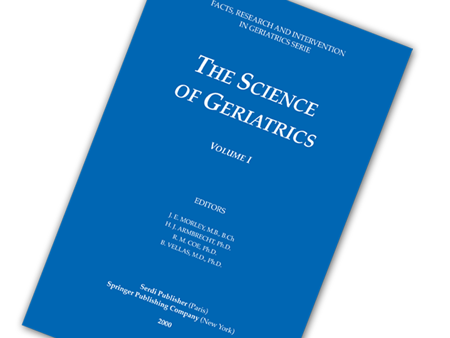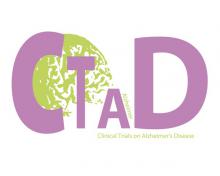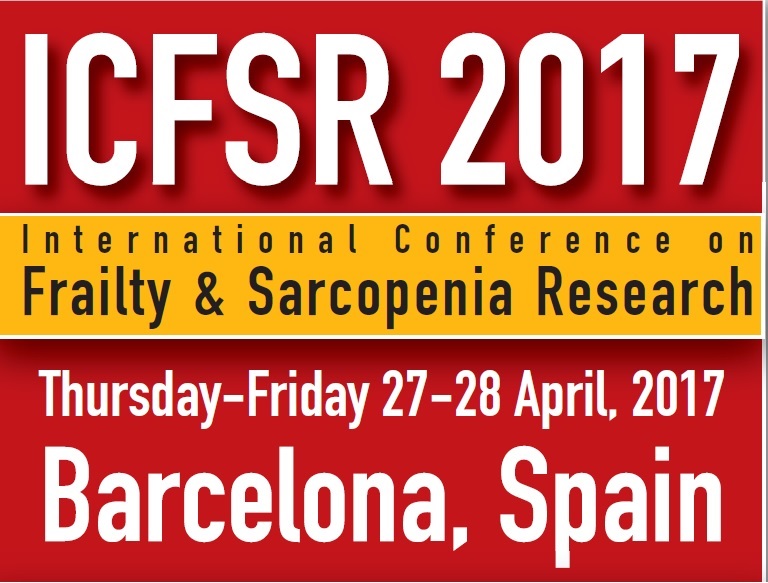Objectives: This study aimed to explore pre-frail and frail older Chinese people’s perspectives on a multi-component, group-based frailty prevention program in Hong Kong, along with their views regarding factors determining participation and sustainability of such program. Design: Seven focus groups were conducted. Setting: Community elderly centres. Participants: A total of 38 community-dwelling older people aged 54 – 84 (mean age, 64.9 years; female, 58%; married, 68%; retired, 97%) screened with pre-frailty or frailty completing a 12-week multi-component (involving physical, cognitive, and social activities), group-based frailty prevention program were interviewed. Measurements: Thematic analysis was conducted. Results: Using thematic analysis, perceived health benefits, peer support and social networking were identified as key motivators concerning intention to participate in the frailty prevention program; whereas perceived health benefits, socializing, sense of connectedness, expert guidance and sense of dignity were identified as key motivators concerning program adherence. Conclusion: Majority of participants provided positive feedbacks about the multi-component intervention program in regards to their physical health, psychological well-being and social life. These findings highlighted several important factors for consideration in future design of frailty interventions regarding the needs of pre-frail and frail older adults, which could help to motivate and sustain their participation in community-based frailty prevention programs.
(1) R. Yu, M.C. So , C. Tong , F. Ho , J. Woo; J Nutr Health Aging. 2020; in press



